Detailed introduction of Fayoum University:
Introduction and Overview
Fayoum University is a public university in Egypt, located in the city of Fayoum in northern Egypt, an oasis known for its agricultural production and tourism, about 63 miles southwest of Cairo. The school offers undergraduate and graduate programs covering a variety of subject areas.
History and Establishment
In 1975, the Faculty of Education of Fayoum University was established as a college of Cairo University. In August 2005, Fayoum University became an independent campus.
School Strength
Faculty: With 1,800 academic staff, it can provide students with rich teaching and research guidance.
Academic Achievements: 10 researchers are ranked in the top 2% in the world on the list of Stanford University, and have achieved certain research results in the fields of agriculture, medicine, engineering, etc., some of which have a certain influence in Egypt.
Institutional Nature
Public university, funded and managed by the Egyptian government.
Educational philosophy
Committed to innovation and leadership in education, scientific research and community development, cultivating outstanding graduates who can be competitive in the labor market, developing students' thinking and creativity through educational projects and scientific research activities, promoting the production and application of knowledge, and achieving sustainable development goals within the framework of ethical values, quality standards and digital transformation.
Key laboratories and disciplines
Key laboratories: There is no public information on particularly famous key laboratories, but each college is equipped with corresponding professional laboratories to meet the needs of teaching and scientific research.
Key disciplines: Agriculture, medicine, engineering and other disciplines have certain advantages and characteristics. The College of Agriculture has carried out extensive research and teaching in agricultural production technology and agricultural product processing; the School of Medicine has advanced teaching facilities and clinical internship bases, and has trained a large number of medical talents; the School of Engineering also has good performance in professional fields such as mechanical engineering, electrical engineering, and civil engineering.
Faculty
There are 14 colleges including the College of Education, the College of Agriculture, the College of Engineering, the College of Social Work, the College of Religion, the College of Science, the College of Tourism and Hotel, the College of Special Education, the College of Archaeology, the College of Medicine, the College of Pharmacy, the College of Dentistry, the College of Art, the College of Computer Science and Information, the College of Early Childhood Education, and the College of Nursing.
Ranking
It has not yet found its specific ranking in the internationally renowned rankings, but 10 researchers are ranked in the top 2% of the world in the Stanford University list, indicating that the school has certain strengths in some research fields.
Cost
The tuition fee is relatively low, and varies according to the major and level of study. There may be some differences in the tuition fees for Egyptian and international students.
Campus environment
Geographic location: Located in Fayoum City, the city environment is beautiful, the surrounding supporting facilities are relatively complete, and the transportation is convenient, which is convenient for students' daily life and travel.
Teaching facilities: It has modern teaching facilities such as libraries, teaching hotels, gymnasiums, student activity centers and university theaters, which provide good conditions for students' study and scientific research. Its library has more than 67,043 Arabic books and 30,366 foreign language books.
Living facilities: There are living facilities such as canteens and dormitories on campus, which can meet the basic living needs of students. At the same time, there are supermarkets, shops and other supporting facilities around the school to facilitate students' daily life.
-
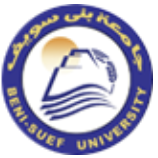
Beni-Suef University
-
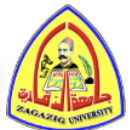
Zagazig University
-

October University for Modern Sciences and Arts
-
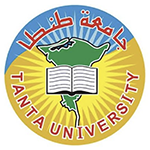
Tanta University
-

Nile University
-

Cairo University
-
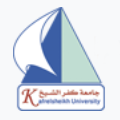
Kafrelsheikh University
-
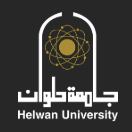
Helwan University
-

Delta University for Science and Technology
-
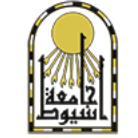
Assiut University
-

Mesoamerican University
-

Istmo University
-

Mariano Galvez University of Guatemala
-

Regional University of Guatemala
-

Galileo University
-

Francisco Marroquín University
-

Rafael Landívar University
-

University of the Valley of Guatemala
-

University of San Carlos of Guatemala
-

Technological Institute of Tlaxcala Plateau
-

Golfo University
-

Technological University of South Sonora
-

Technological University of Huejotzingo
-

Tizimín Institute of Technology
-

Chilpancingo Institute of Technology

